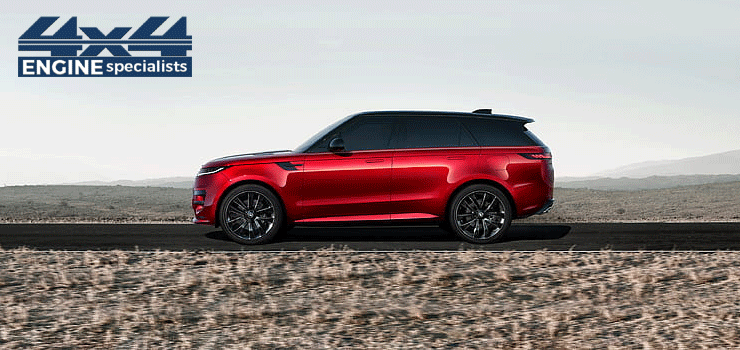Introduction
In the realm of luxury SUVs, the Range Rover has long reigned supreme, embodying a blend of opulence, off-road prowess, and commanding presence on the road. However, as environmental concerns and fuel efficiency become increasingly significant factors in consumer decision-making, the question arises: how does the fuel efficiency of the Range Rover, particularly with its 2.0 engine, stack up against its competitors? We delves into a comprehensive comparison, examining the fuel efficiency of the Range Rover 2.0 engine in relation to its rivals in the luxury SUV segment.
The Rise of the Luxury SUV Segment
The luxury SUV segment has witnessed a remarkable surge in popularity over the past few decades. Once dominated by sedans and sports cars, consumers now gravitate towards SUVs for their spacious interiors, elevated driving position, and versatility. This shift in preference has prompted luxury automakers to invest heavily in developing SUV offerings that combine lavish amenities with formidable performance.
The Iconic Range Rover Legacy
Few vehicles command as much reverence and admiration as the Range Rover. Since its inception in 1970, this British marque has epitomized luxury and refinement while retaining its legendary off-road capabilities. The Range Rover’s timeless design, sumptuous interiors, and unmatched prestige have solidified its status as a symbol of automotive excellence.
Introducing the Range Rover 2.0 Engine
In response to evolving market demands and stringent emissions regulations, Land Rover introduced the Range Rover 2.0 engine—a smaller, more fuel-efficient powerplant designed to complement the vehicle’s luxurious demeanor. Despite its reduced displacement, this turbocharged four-cylinder engine promises respectable performance without compromising on the brand’s hallmark refinement.
Competitors in the Luxury SUV Arena
The luxury SUV landscape is crowded with formidable contenders vying for the attention of discerning buyers. From German stalwarts like Mercedes-Benz and BMW to American icons such as Cadillac and Lincoln, the competition is fierce. Each brand brings its unique blend of style, technology, and performance to the table, making for an intriguing comparison with the Range Rover. You can get the best information about the range rover engine here at the https://4x4enginespecialists.co.uk/ .
Fuel Efficiency: A Key Consideration
As concerns over climate change and sustainability mount, fuel efficiency has emerged as a crucial consideration for prospective car buyers. While luxury SUVs are not typically associated with frugality at the pump, advancements in engine technology and lightweight construction have enabled manufacturers to deliver more economical options without compromising on performance or comfort.
Evaluating Fuel Efficiency Metrics
When assessing the fuel efficiency of vehicles, several metrics come into play. The most common measure is miles per gallon (MPG), which indicates the distance a vehicle can travel on a gallon of fuel. However, factors such as driving conditions, terrain, and driving style can influence real-world fuel consumption, necessitating a comprehensive evaluation to provide meaningful comparisons.
Performance vs. Efficiency: Striking the Balance
Luxury SUV buyers often face a dilemma: prioritize performance or opt for improved fuel efficiency. While traditional wisdom dictates that larger engines deliver superior power, advancements in turbocharging and hybridization have blurred the lines between performance and efficiency. The challenge for automakers lies in striking the right balance to cater to diverse customer preferences.
The Future of Luxury SUVs
As automakers continue to innovate and adapt to evolving market trends, the future of luxury SUVs looks promising. From electrification and autonomous driving capabilities to sustainable materials and connected features, tomorrow’s luxury SUVs promise to redefine the driving experience while addressing environmental concerns. The Range Rover, with its storied legacy and commitment to innovation, is poised to lead the charge into this exciting new era.
Conclusion
In conclusion, the fuel efficiency of the Range Rover 2.0 engine holds its own against competitors in the luxury SUV segment, offering a compelling blend of performance, refinement, and economy. While traditional metrics may favor larger-displacement engines, the Range Rover demonstrates that downsizing need not entail compromises in luxury or capability. As consumers increasingly prioritize sustainability and efficiency, the Range Rover stands as a beacon of innovation, embodying the ethos of luxury without excess. In a landscape defined by change, the Range Rover remains steadfast in its commitment to excellence, ensuring its continued relevance and allure for generations to come.


